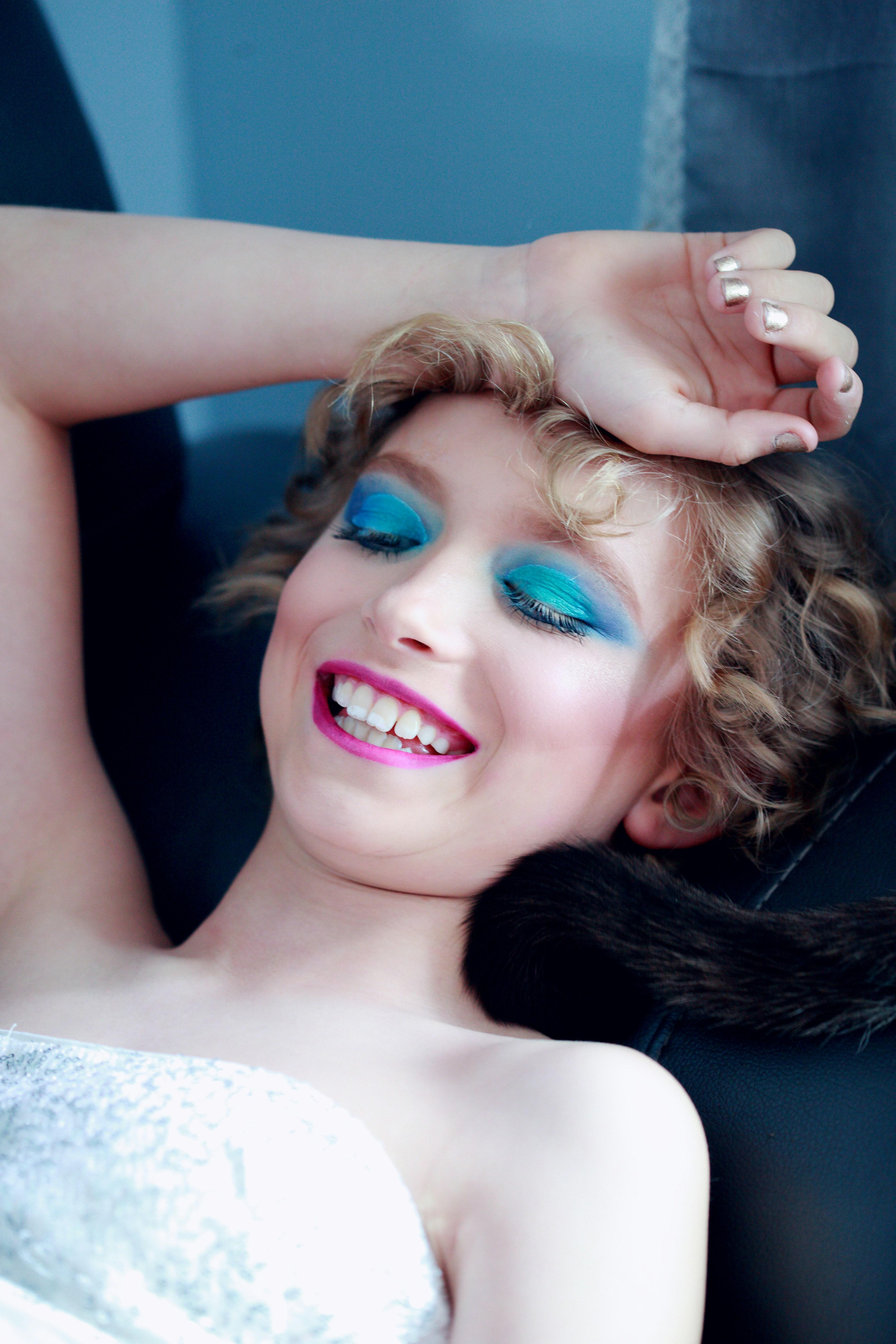feminism-outdated/” title=”Is The Marvelous Mrs. Maisel's Approach to Feminism Outdated”>The Marvelous Mrs. Maisel, a critically acclaimed television series, has captured the imagination of audiences with its vibrant portrayal of a 1950s housewife turned stand-up comedian. Set against the backdrop of a transformative era, the show has been praised for its sharp wit, dynamic characters, and bold exploration of gender roles. However, as it delves into the complex landscape of mid-20th century America, questions arise about its historical authenticity, particularly in its depiction of feminism. This article seeks to critically examine whether The Marvelous Mrs. Maisel accurately reflects the feminist movements and ideologies of the 1950s, or if it projects a contemporary understanding of gender equality onto a bygone era. By analyzing the show’s narrative choices, character development, and historical context, we aim to uncover the extent to which it aligns with or diverges from the feminist realities of its time.
Historical Context and Feminist Ideals in The Marvelous Mrs. Maisel
The 1950s were a transformative period for women in America, marked by the tension between traditional roles and the burgeoning feminist movement. The Marvelous Mrs. Maisel delves into this era, illustrating the societal expectations placed on women and the subtle ways in which they began to challenge these norms. The show’s protagonist, Midge Maisel, embodies the struggle of balancing societal expectations with personal ambition. While she initially conforms to the ideal of a perfect housewife, her foray into stand-up comedy serves as a metaphor for the emerging feminist ideals of self-expression and independence.
In exploring Midge’s journey, the series touches on several key themes relevant to the period, such as:
- Breaking Gender Norms: Midge’s pursuit of a career in comedy, a male-dominated field, challenges the conventional roles assigned to women.
- Female Solidarity: The show’s portrayal of friendships among women highlights the importance of support networks in navigating societal constraints.
- Identity and Autonomy: Midge’s struggle to define her identity beyond her roles as a wife and mother reflects a growing awareness of women’s rights to autonomy and self-determination.
Character Analysis: Midge Maisel as a Feminist Icon
In “The Marvelous Mrs. Maisel,” Midge Maisel emerges as a feminist icon, challenging the societal norms of the 1950s with her audacious wit and unapologetic ambition. Her journey from a seemingly content housewife to a groundbreaking stand-up comedian mirrors the burgeoning feminist movement of the era, albeit with a modern twist. While Midge navigates the male-dominated world of comedy, she embodies key feminist ideals, such as:
- Self-discovery: Midge’s evolution is marked by her pursuit of personal identity beyond traditional gender roles.
- Independence: Despite societal expectations, she seeks financial and emotional autonomy, challenging the status quo.
- Empowerment: Her humor becomes a tool for empowerment, allowing her to voice her thoughts in a public sphere often denied to women.
However, Midge’s character can also be critiqued for how her privilege sometimes shields her from the harsher realities faced by many women of the time. Her affluent background and access to resources provide her opportunities that might not have been available to others, potentially skewing her representation as a universal feminist figure. The show’s portrayal of Midge as a feminist icon is both a celebration and a critique of the era’s gender dynamics, offering a lens through which to examine the complexities of feminism in a historical context.

The Portrayal of 1950s Gender Roles and Societal Expectations
The series dives deep into the intricacies of 1950s gender roles, offering a vivid tableau of societal norms that shaped everyday life. In this era, women were often expected to embody the ideals of domesticity and compliance, with their lives revolving around homemaking and supporting their husbands’ careers. The Marvelous Mrs. Maisel paints this picture through characters who embody these expectations, yet it also highlights those who dare to defy them. The protagonist, Midge Maisel, challenges these conventions by stepping into the male-dominated world of stand-up comedy, sparking discussions about the evolving role of women in society.
- Women were expected to be perfect homemakers.
- Men were viewed as the primary breadwinners.
- Career aspirations for women were often limited or discouraged.
- Social gatherings emphasized maintaining appearances and adhering to etiquette.
While the show captures the essence of these roles, it is also a critique of the rigidity of such societal expectations. By presenting characters who both conform to and challenge these roles, the series provides a nuanced portrayal of the period’s gender dynamics. It underscores the tension between traditional values and the burgeoning feminist movement, which sought to redefine what it meant to be a woman in the 1950s. The Marvelous Mrs. Maisel not only reflects the era’s gender expectations but also illuminates the cracks in the facade of the “ideal” 1950s lifestyle, making it a complex representation of the time.

Balancing Entertainment and Historical Accuracy in Feminist Representation
Balancing the allure of entertainment with the intricacies of historical accuracy presents a nuanced challenge, particularly when addressing feminist representation in the context of the 1950s. The Marvelous Mrs. Maisel navigates this terrain with both finesse and artistic license. On one hand, the series offers a vibrant portrayal of a woman breaking barriers in a male-dominated comedy scene, reflecting the burgeoning feminist sentiments of the era. However, it sometimes sacrifices historical precision for narrative flair, opting for an idealized depiction of its protagonist’s journey. This raises questions about the portrayal of feminism in media: is it enough to capture the essence of a movement, or is there a responsibility to adhere strictly to historical facts?
- Entertainment Value: The show’s dynamic storytelling and engaging characters captivate audiences, drawing them into a world where women defy societal norms.
- Historical Context: While the series nods to the cultural shifts of the 1950s, it often glosses over the more pervasive challenges women faced, potentially simplifying the era’s complex gender dynamics.
- Feminist Themes: By focusing on Midge Maisel’s assertiveness and ambition, the show highlights key feminist themes, yet it sometimes overlooks the collective struggles that defined the movement.
